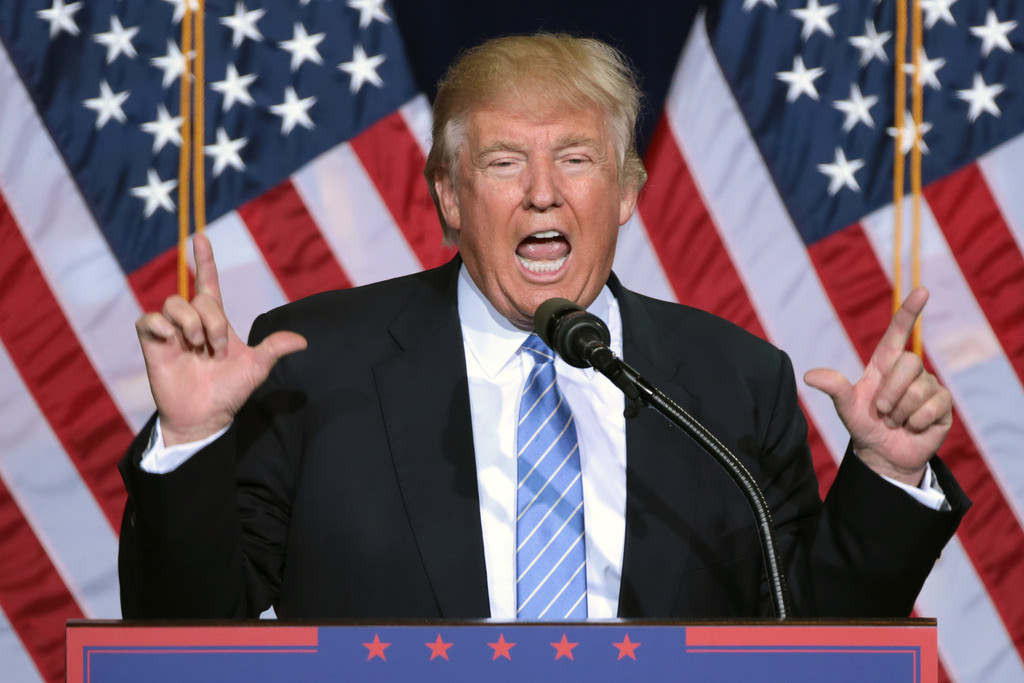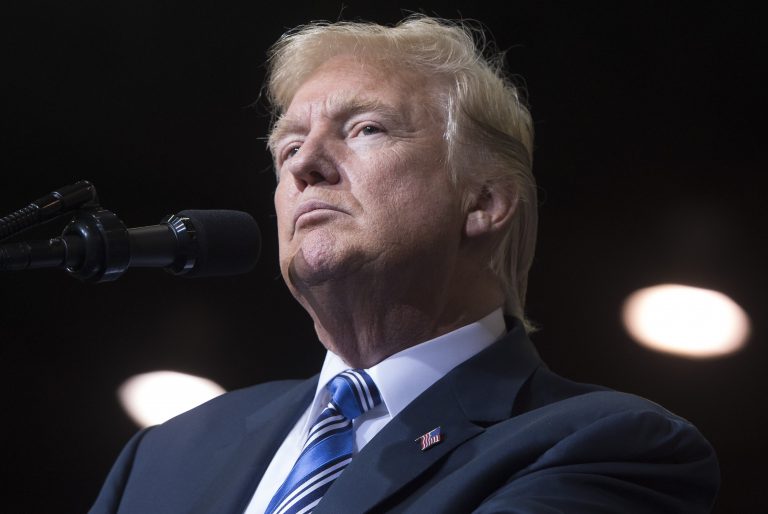Hard and Soft: Competing against the administrative state.
Thinking About “Thinking About Trump”

Two years in, a second look.
In “Thinking About Trump,” published in the Spring 2018 issue of the Claremont Review of Books, Editor and Claremont Institute Senior Fellow Charles Kesler suggested that “American progressives and the conservative Never Trumpers are no closer to understanding the man and the political situation he’s helped to create than they ever were. If we wish to make some progress in understanding him and the state of the country, we need to start from a different point of view.”
Citing failures on the Right and the Left, Kesler warned America’s bipartisan elite had left “fewer and fewer levers by which the governed can make its consent count, by which an indignant people can exert control over its own government. In the administrative state there is little room for populism because there is no room for an independent people. The ‘people’ has been broken down into claimant groups, and every group has been organized, the better to mesh with the gears of the state.” Leading Republicans imagined they had quashed or mastered the populist longing on the Right, much as Democrats had managed to do. The shock of Trump’s success was not simply that of an outsider, but one of one who — against all comers — “awakened the Republican Party to how alienated it was from its own titular leaders and their agenda.”
Today, Trump remains at the forefront of the American mind. By one recent measure, fully two thirds of midterm voters cast their ballot as a referendum on the president — a practice Trump himself encouraged. “Pretend I’m on the ballot,” he instructed at one of his rallies. No surprise, given his own approval ratings continue to sit considerably higher than those of Congress itself.
But Trump remains, and doubtless will remain, a thoroughly controversial figure. As he has scrambled the political chessboard, so has he reconfigured the very basis of political criticism. In the spirit of grasping the man and the moment, The American Mind revisits Kesler’s essay from the varied perspectives of some of our keenest public observers.
Kesler referenced Michael Barone’s book on Hard and Soft America, and Barone ponders national pride and the challenges of an increasingly “soft” America.
David Azerrad, in agreement with Kesler, goes further and praises Trump’s manliness while Adam White confronts Kesler on Trump’s vices. Meanwhile, Rusty Reno questions Claremont’s understanding of today’s populism while giving his own rousing understanding of the same.
Articles by Ben Domenech, Publisher of The Federalist, Chris Buskirk, Publisher of American Greatness, and more to follow.
The American Mind presents a range of perspectives. Views are writers’ own and do not necessarily represent those of The Claremont Institute.
The American Mind is a publication of the Claremont Institute, a non-profit 501(c)(3) organization, dedicated to restoring the principles of the American Founding to their rightful, preeminent authority in our national life. Interested in supporting our work? Gifts to the Claremont Institute are tax-deductible.
Breaking Bad: What David Azerrad Gets Wrong about Trump and Manliness.
In Search of Populism: The ruling class ignored the people; the people struck back.
Kesler's "Thinking About Trump" essay explained then why the NeverTrump right is finished now.
Breaking Bad: The kindler, gentler days are over.
The substance of Trump's Constitutional vices.






